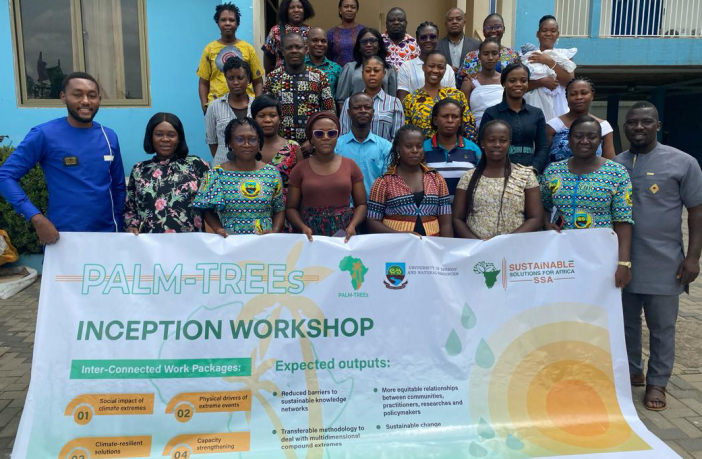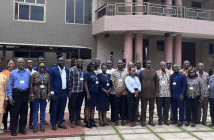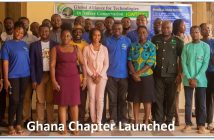|
Getting your Trinity Audio player ready...
|
Project launched to empower marginalized groups through climate-resilient solutions. A Pan-African and Transdisciplinary Lens in the Margins, tackling the Risks of Extreme Events (PALM-TREEs) project has been launched to explore the effects of extreme events on marginalized communities and create cutting-edge climate-resilient solutions.
A joint workshop organized by the University of Energy and Natural Resources (UENR) and Sustainable Solutions Africa (SSA) in Accra was attended by 40 participants from the universities, non-governmental organizations, local communities and government ministries, and agencies.
The four-year project under the auspices of the Climate Adaptation and Resilience (CLARE) programme was funded by the UK’s Foreign, Commonwealth and Development Office (UK-FCDO) and the International Development Research Centre (IDRC) to foster a collaborative approach to climate action.
The project also seeks to empower the marginalized groups through innovative climate-resilient solutions and would focus on studying the impacts of extreme events such as floods, droughts, and heat waves on marginalized communities to pave way for a new era of climate resilience by bridging the gap between research, policy and practice.
It marked a significant milestone in Ghana’s journey towards inclusive climate resilience by prioritizing the voices and experiences of marginalized groups.
Ms. Rachel Yeboah Nketiah, a Research Fellow at the University of Energy and Natural Resources, in a study of the project exemplified an important aspect of social sciences to focus on the impact of climate-induced heat waves and heat stress on women in Accra.
Ms. Nketiah said the research aims to identify adaptive strategies and raise awareness among stakeholders and policymakers about the intersectionality of climate vulnerability, emphasizing the need for gender-responsive climate actions.
Dr. Naomi Kumi, a climate scientist and lecturer at the University of Energy and Natural Resources, said there was the need to address the disproportionate impact of heat waves on marginalized groups, particularly women.
She said by incorporating these findings into Ghana’s adaptation strategy, the PALM-TREEs Project aims to bolster resilience and empower communities to effectively withstand climate extremes.
Dr. M’koumfida Bagbohouna, Sustainable Solutions representative for Africa in Lomé, Togo, underscored the consortium’s dedication to examining how extreme events disproportionately affected vulnerable groups due to factors such as marginalization, norms, poverty, social identity, geographical location and gender.
He said with the involvement of 16 key organizations, the project embodied a transdisciplinary approach, by integrating both social and physical sciences to address climate challenges.
Source: GNA





